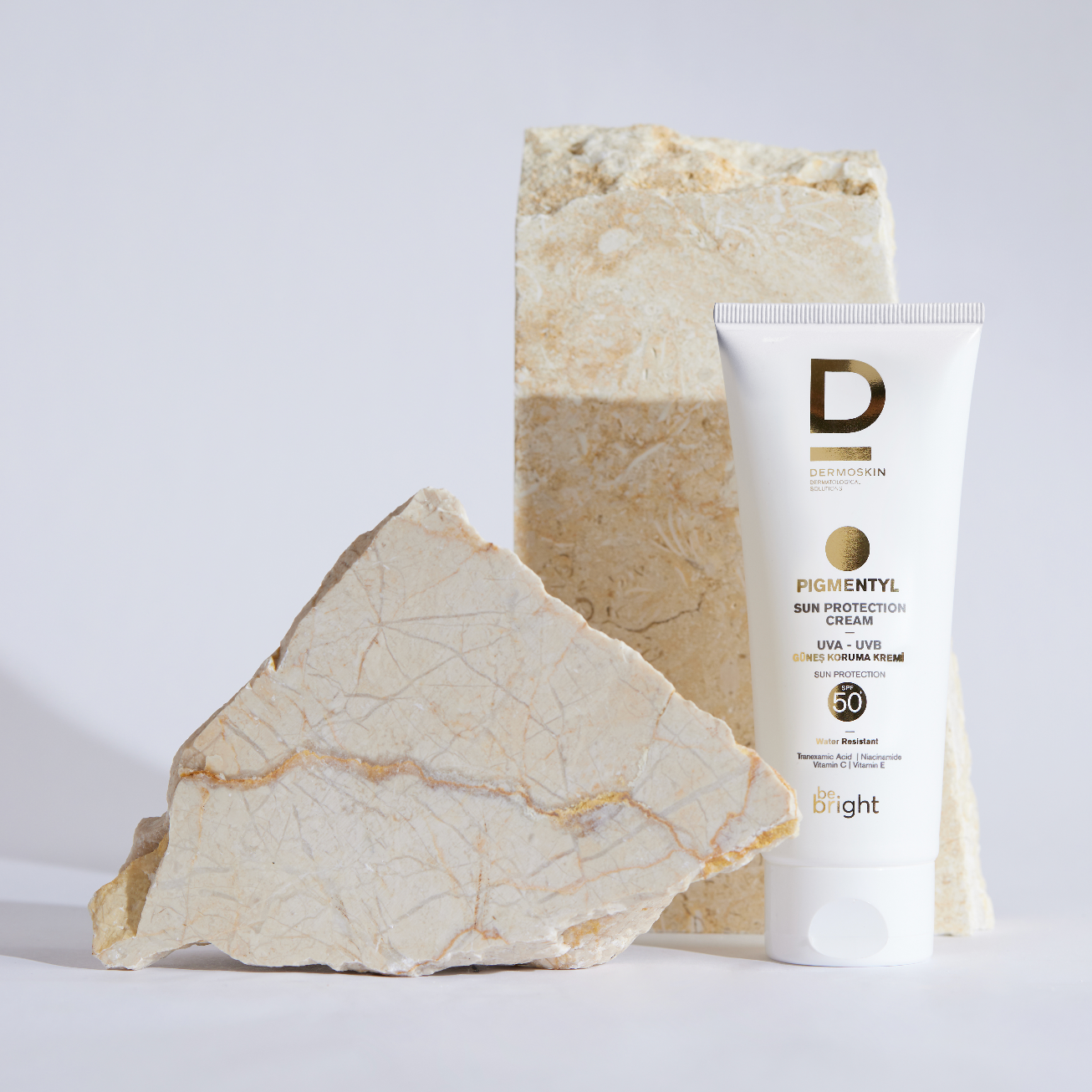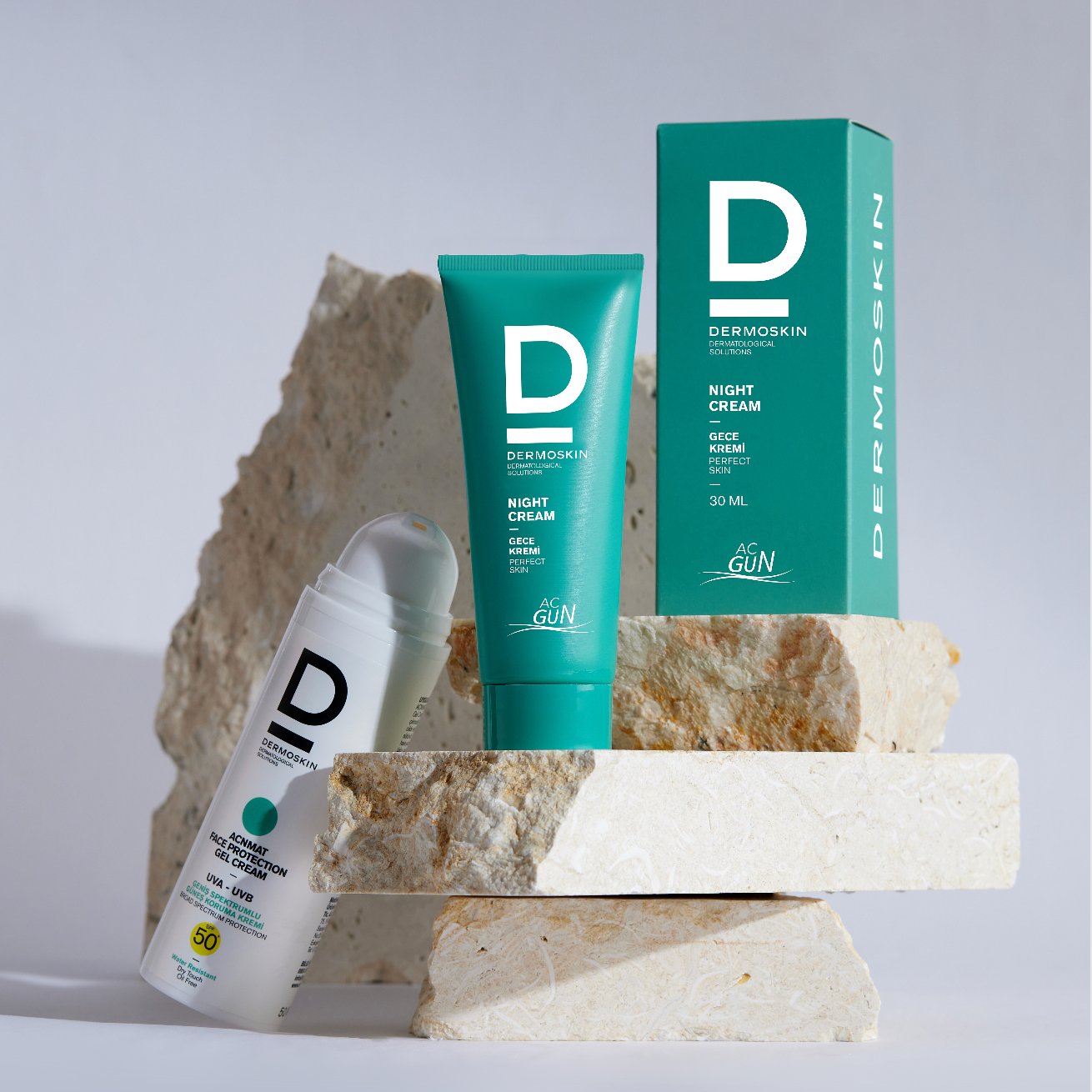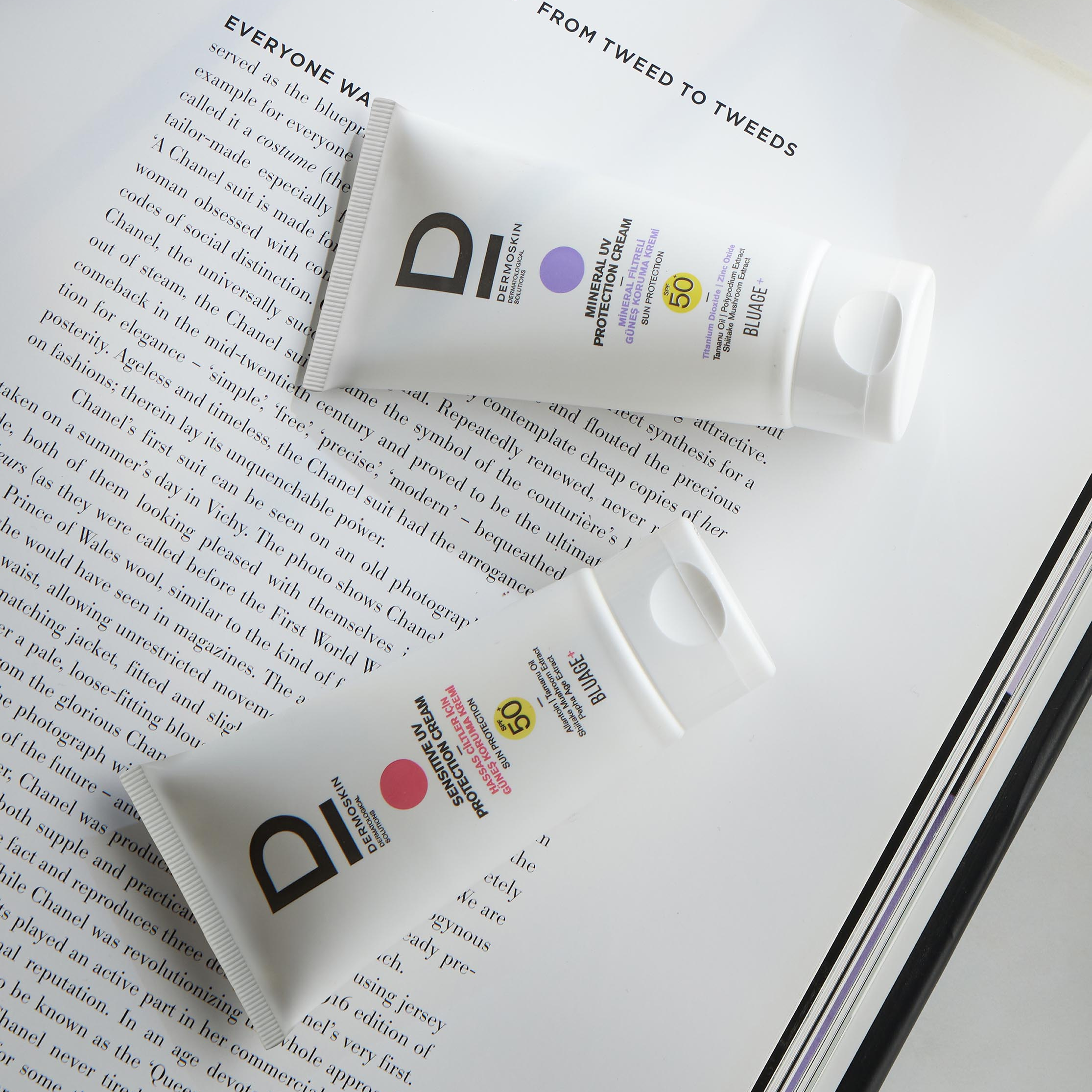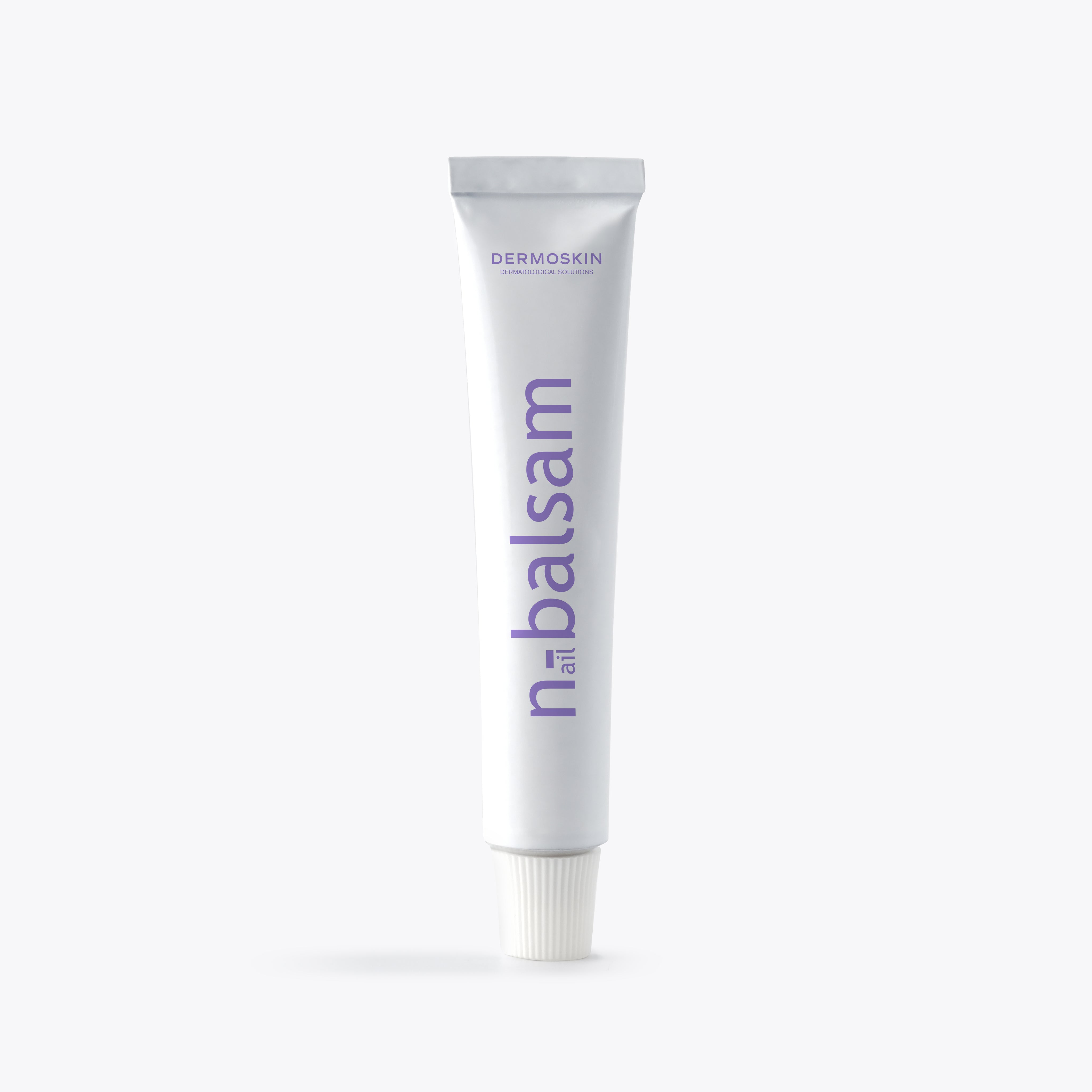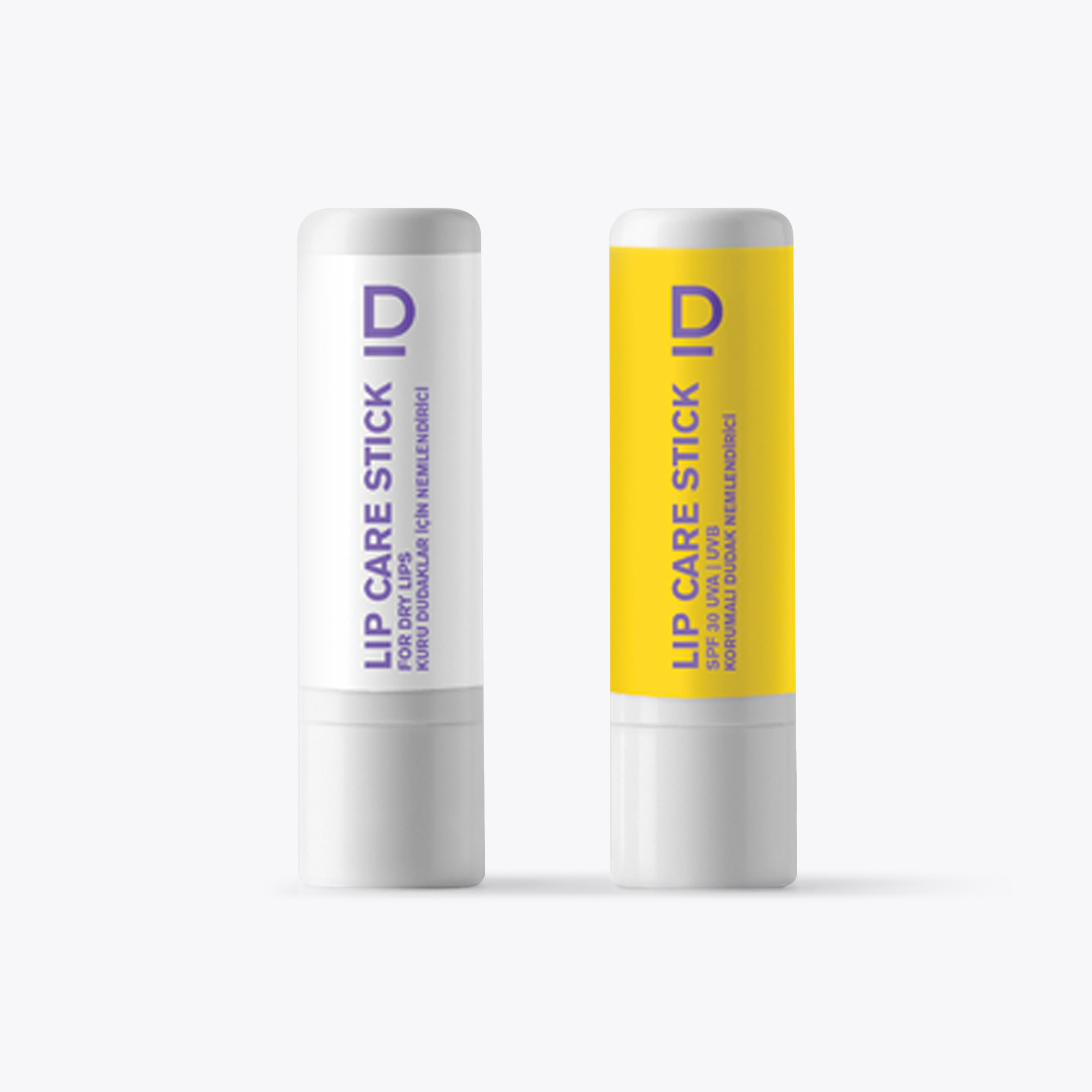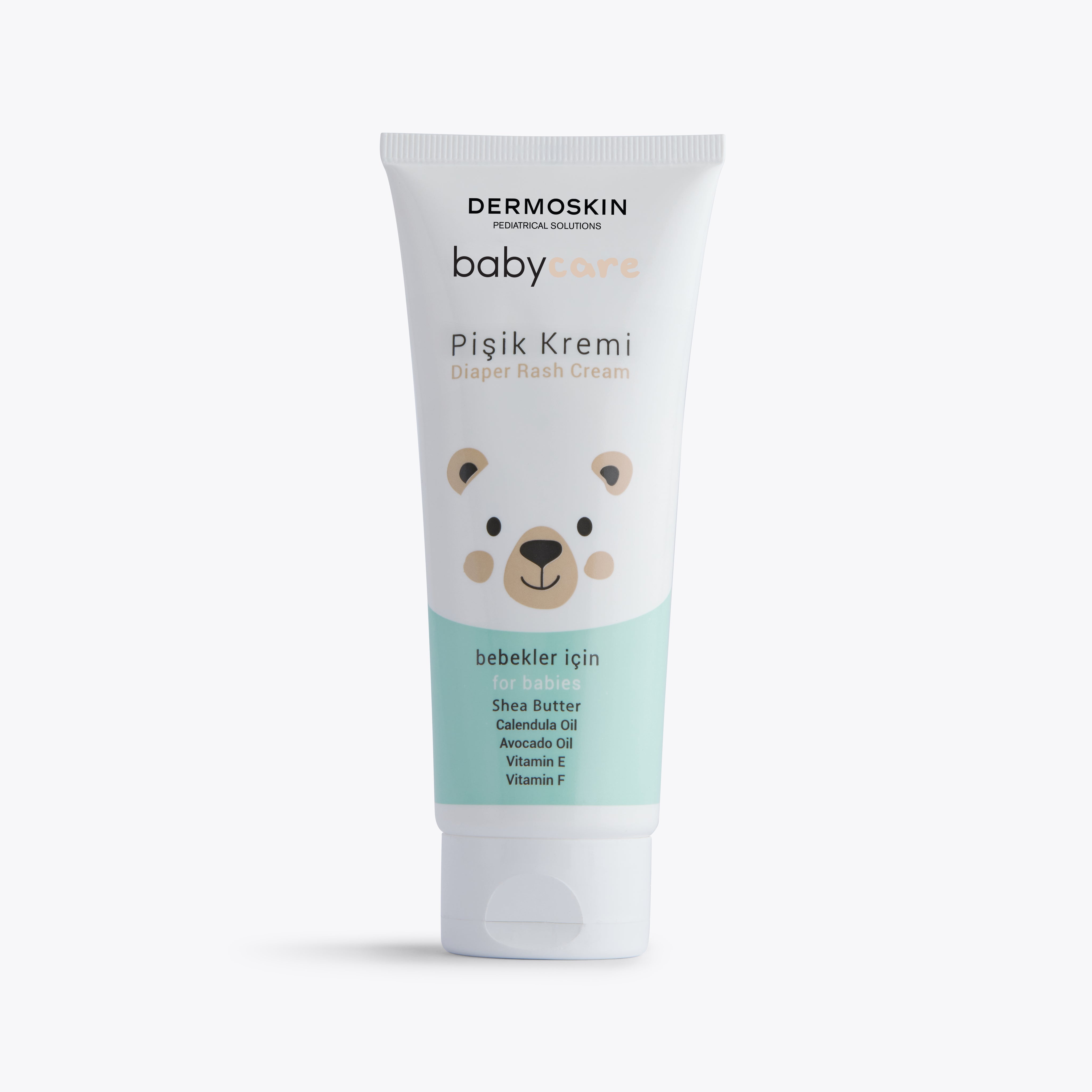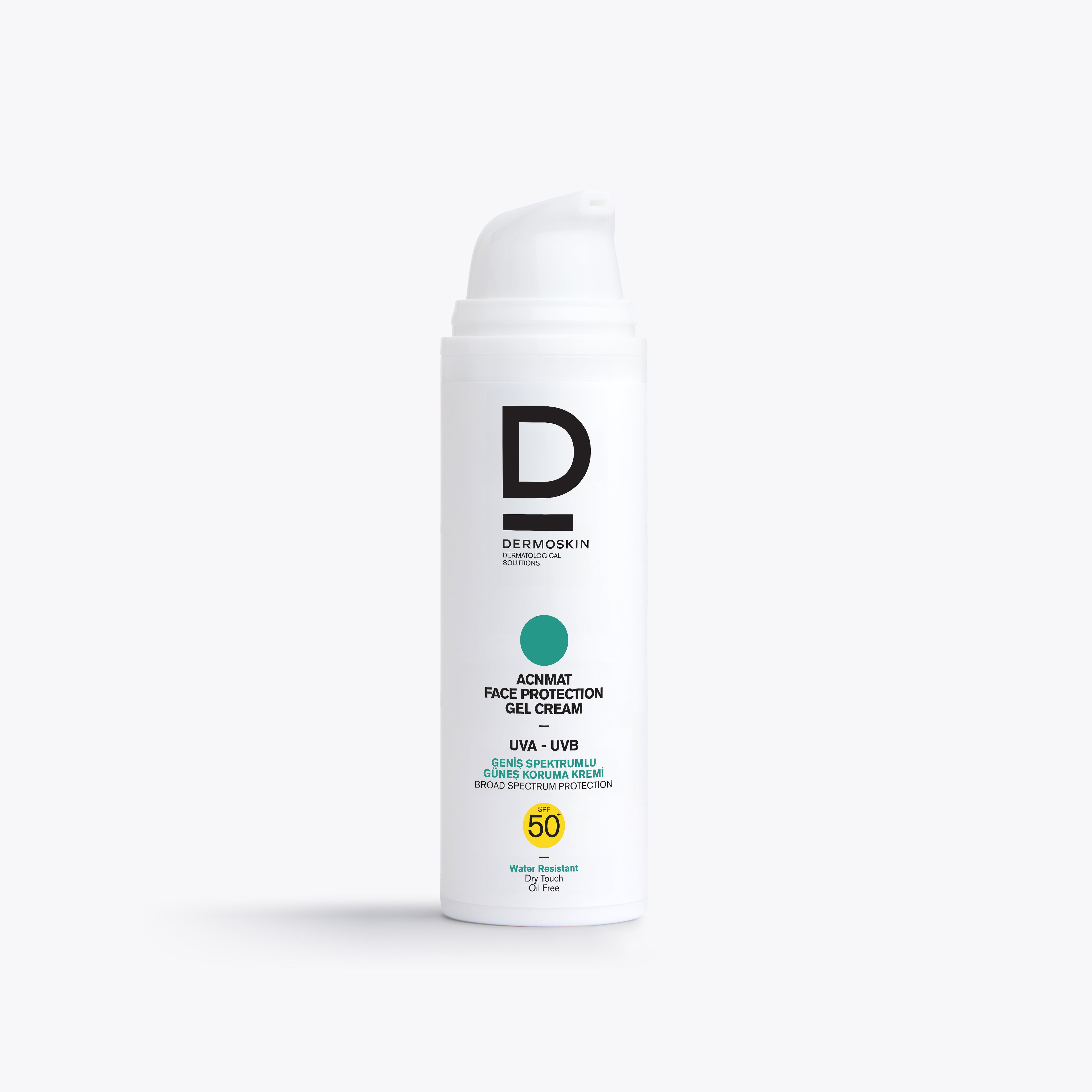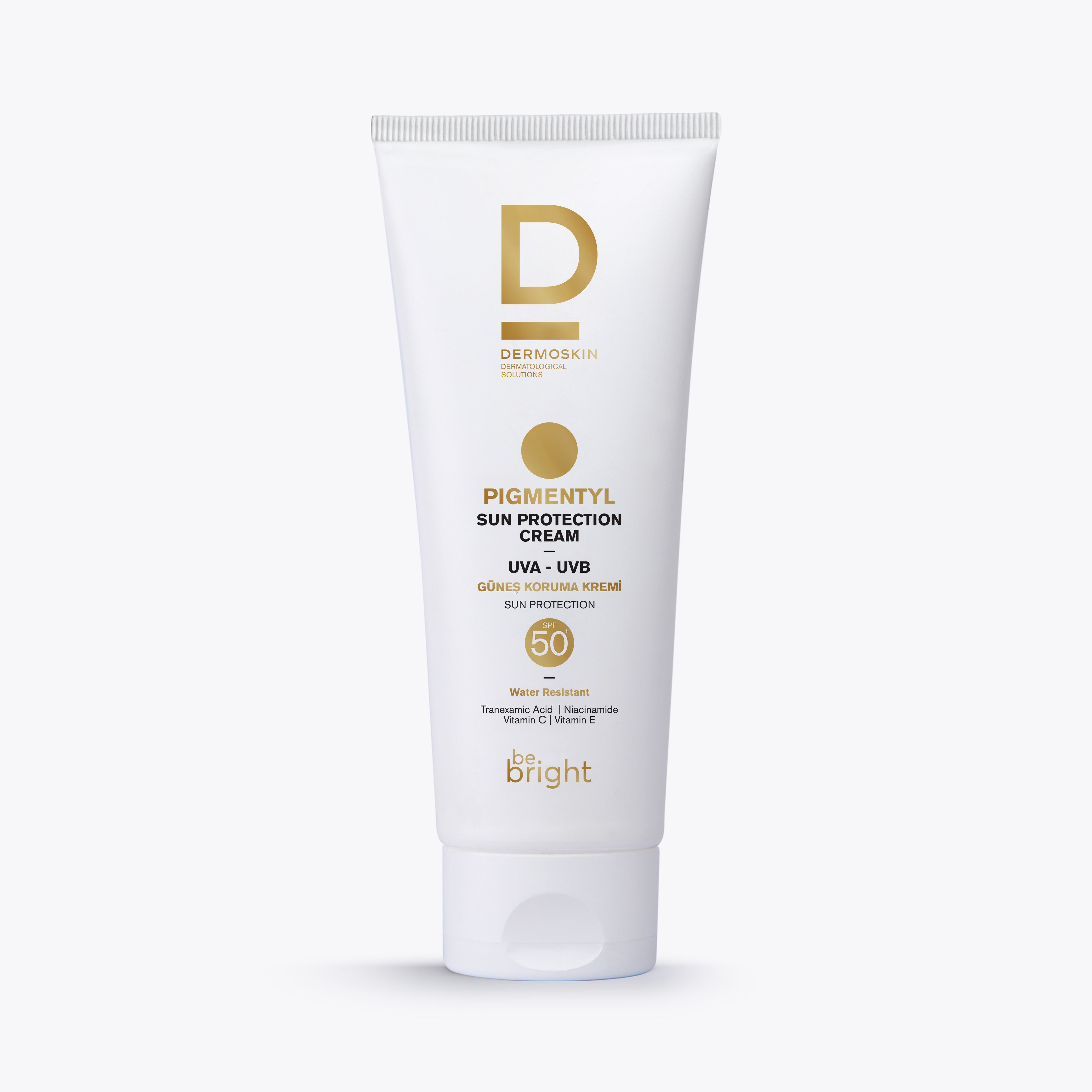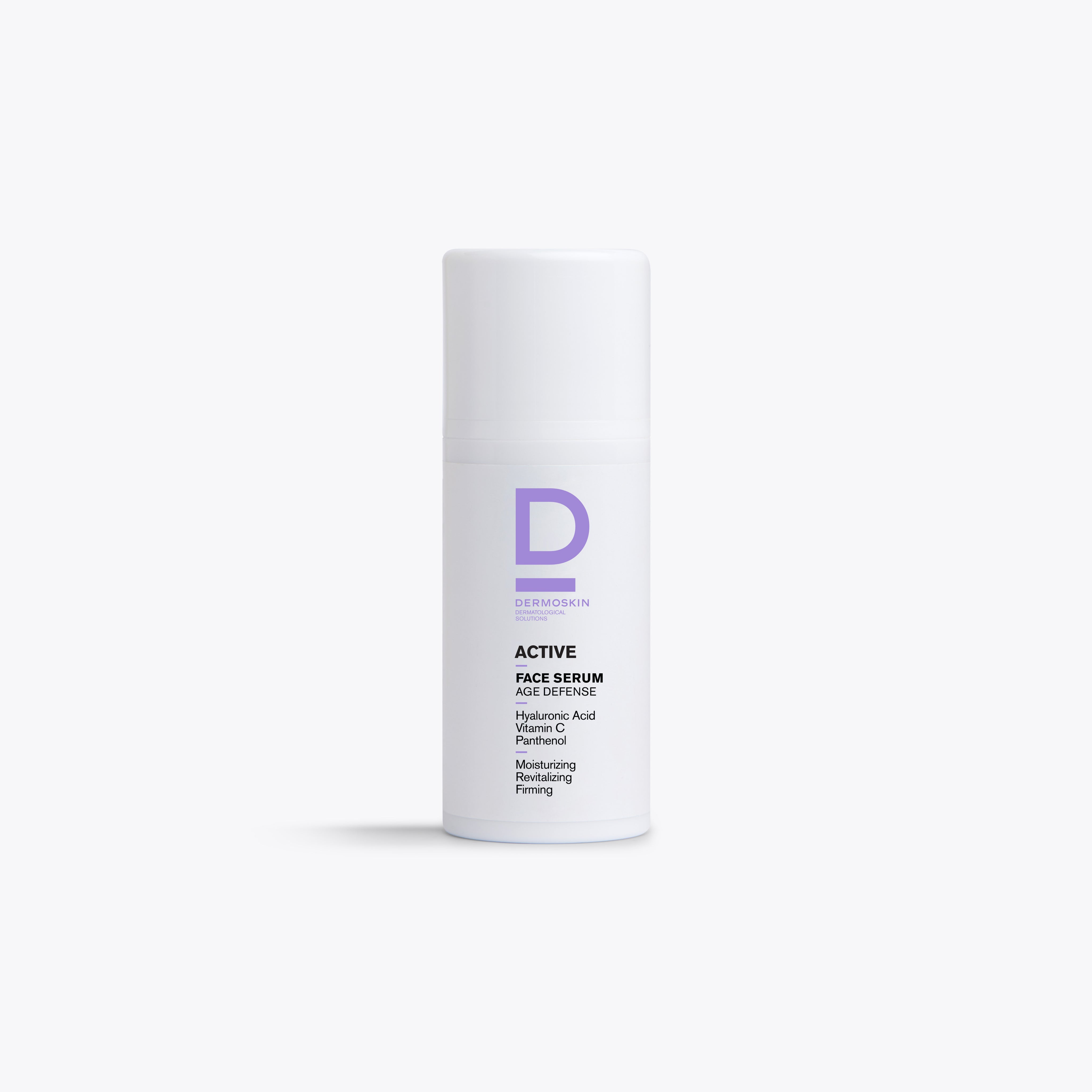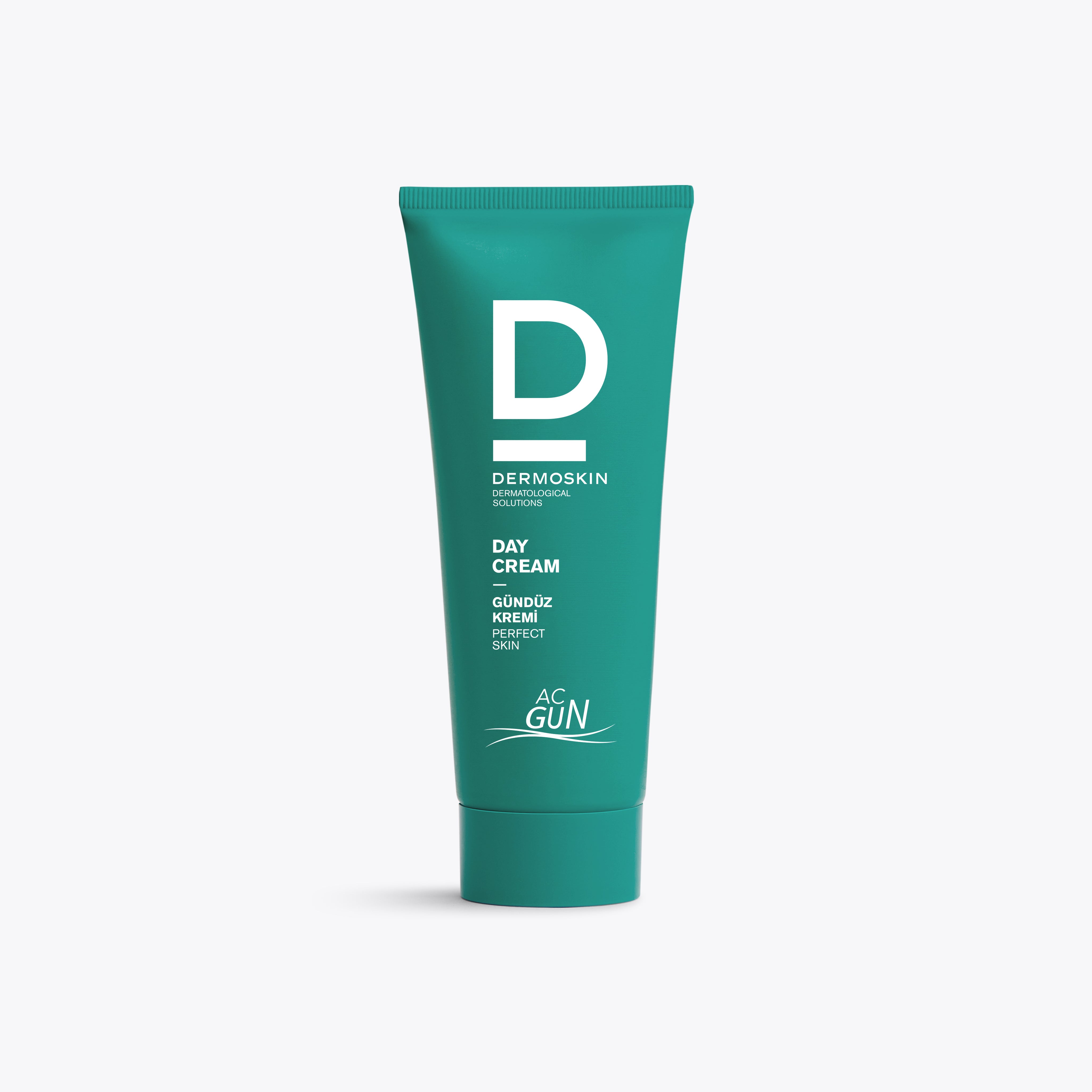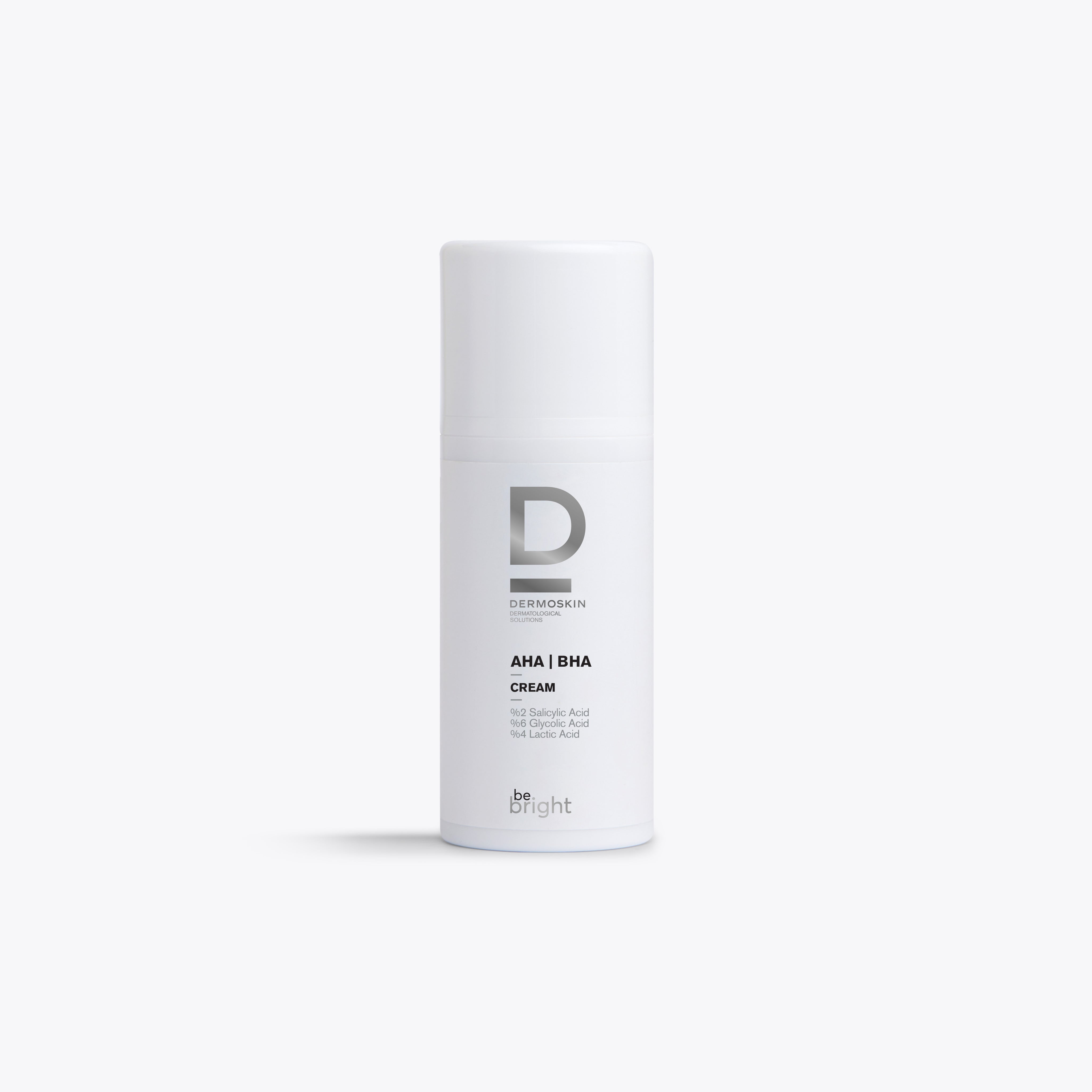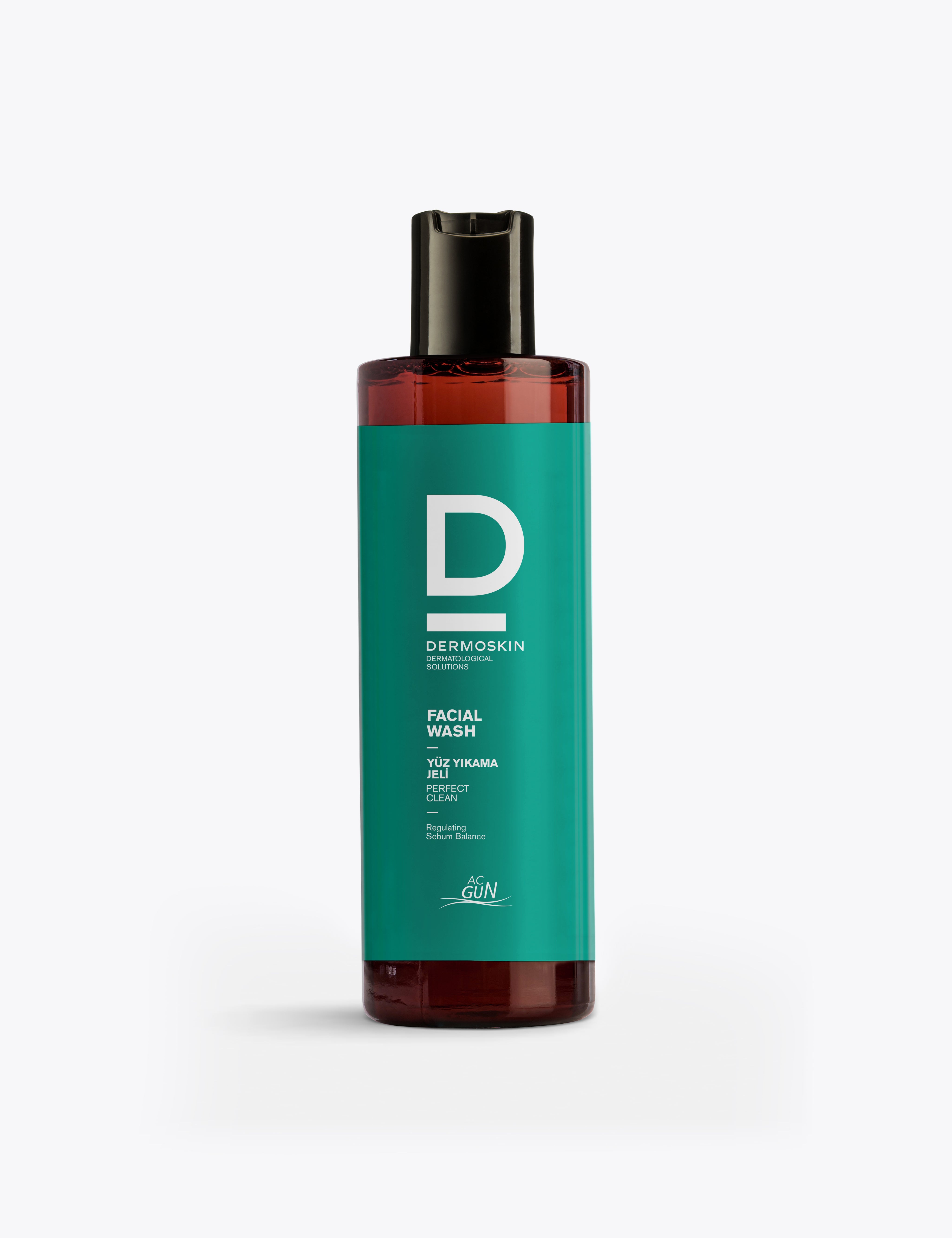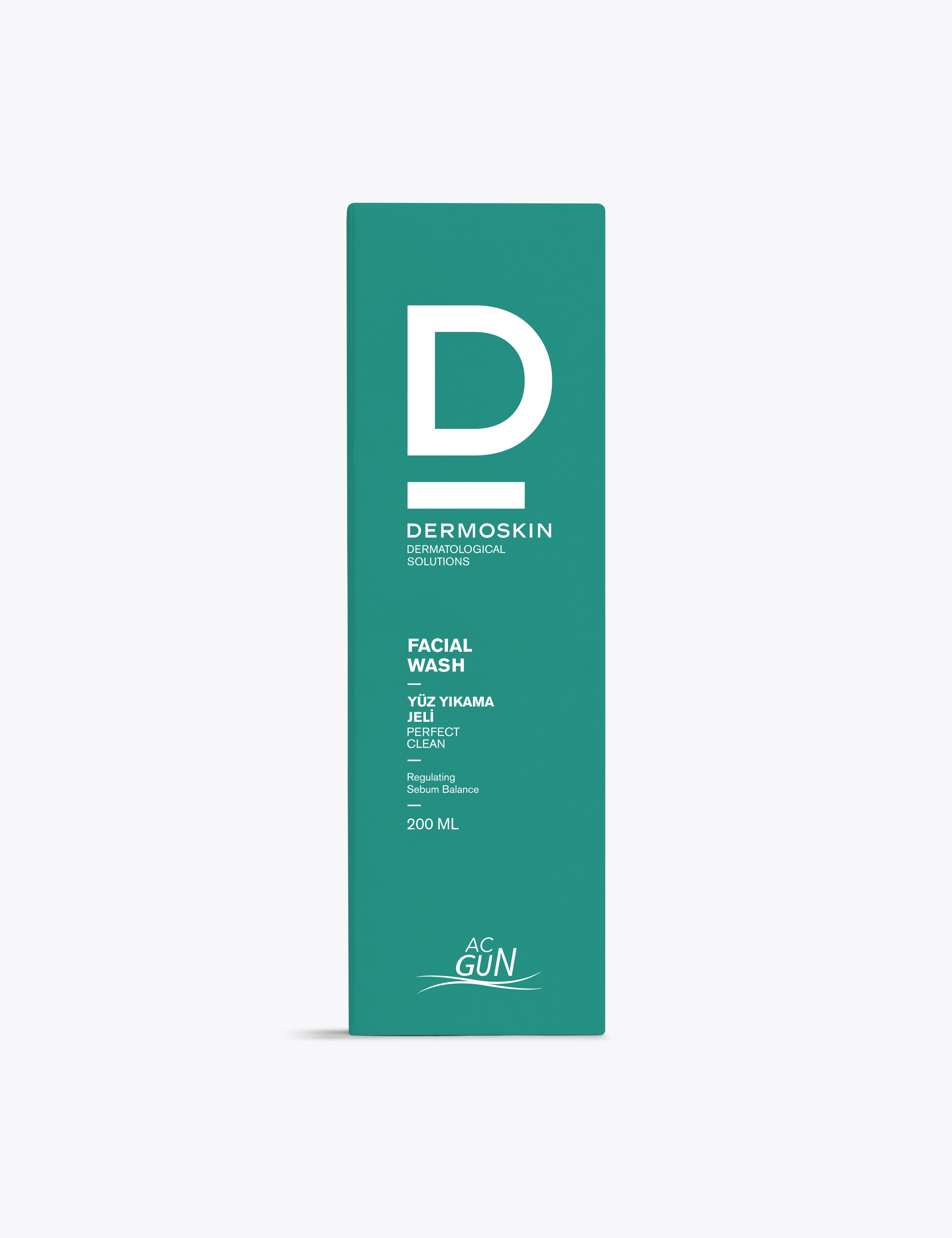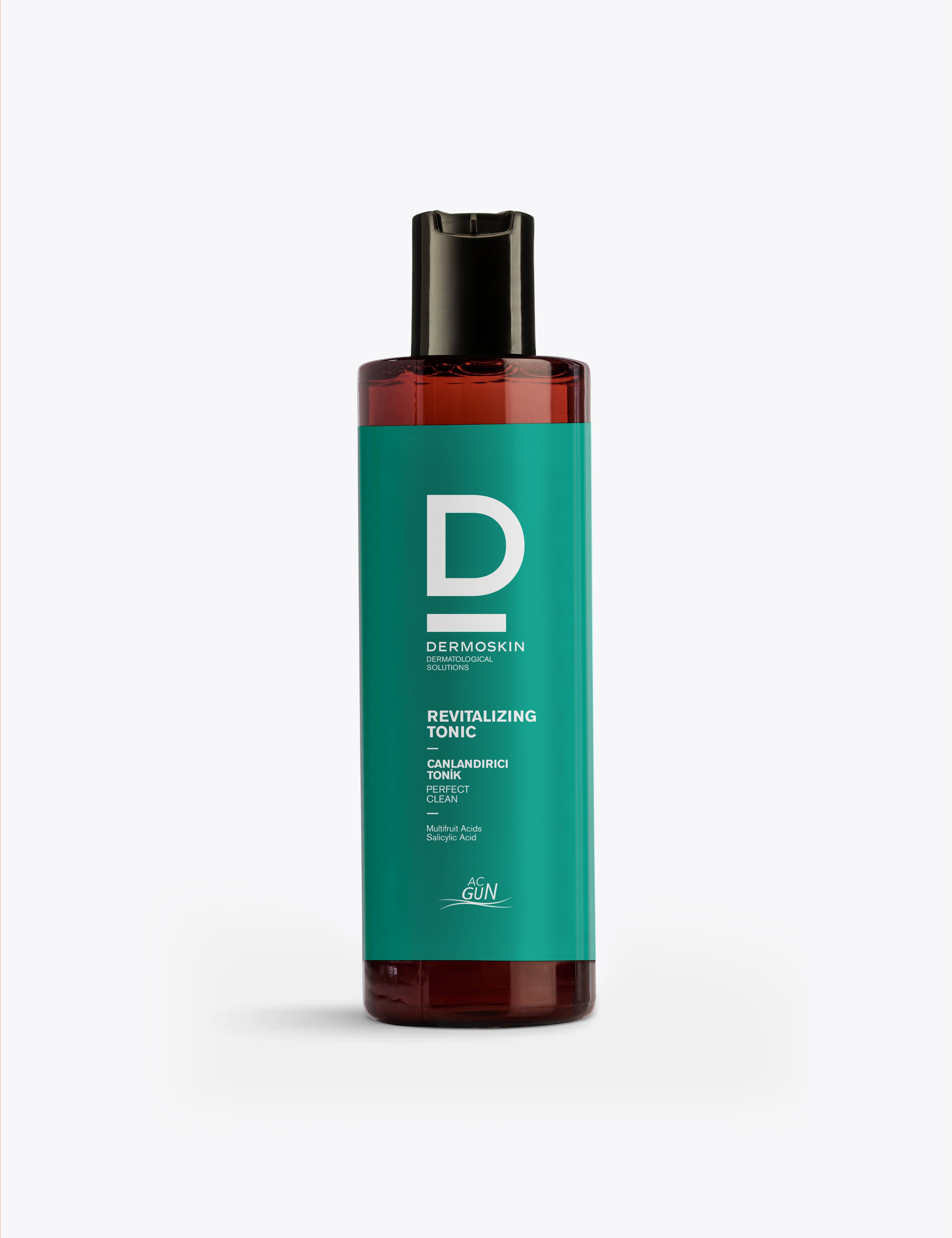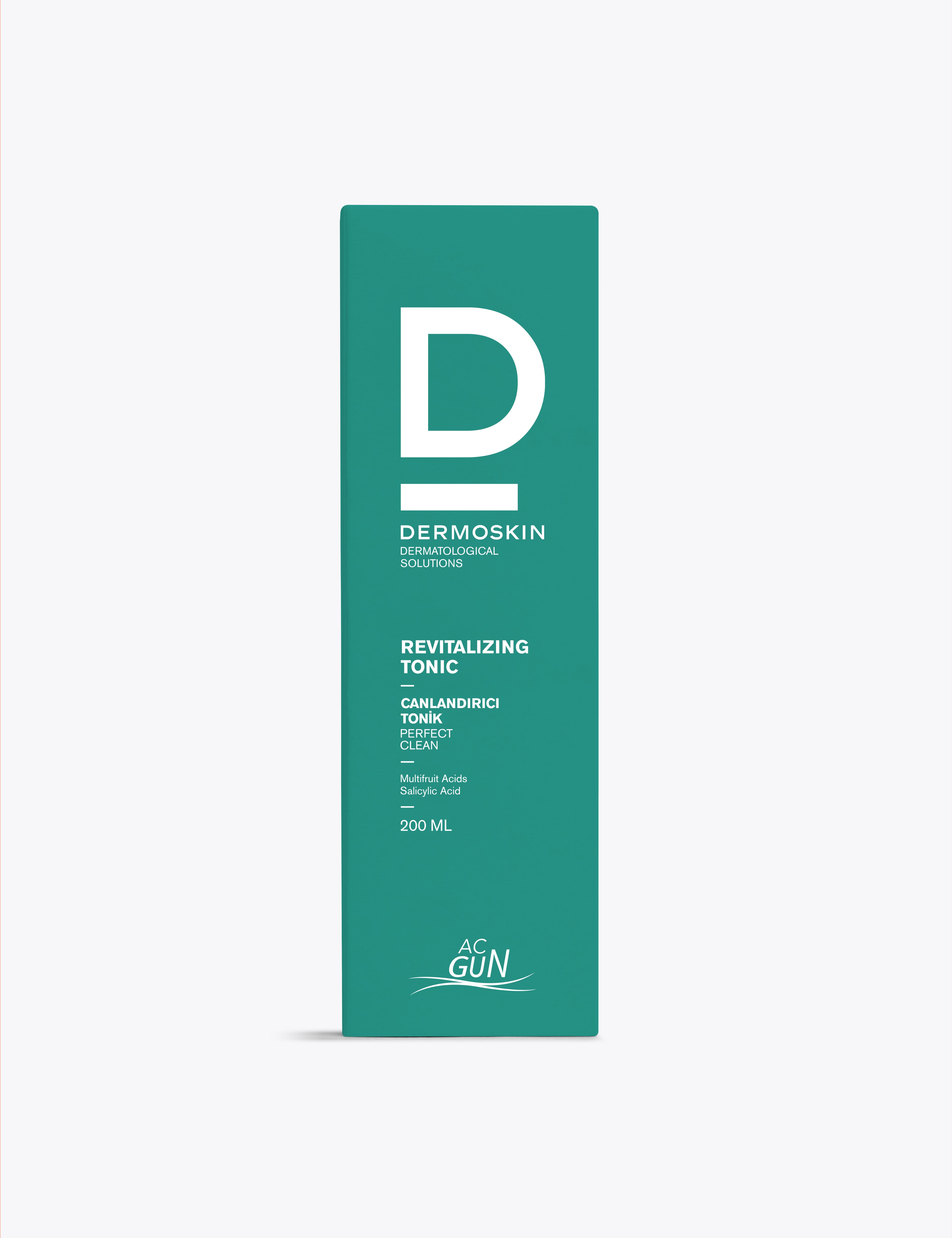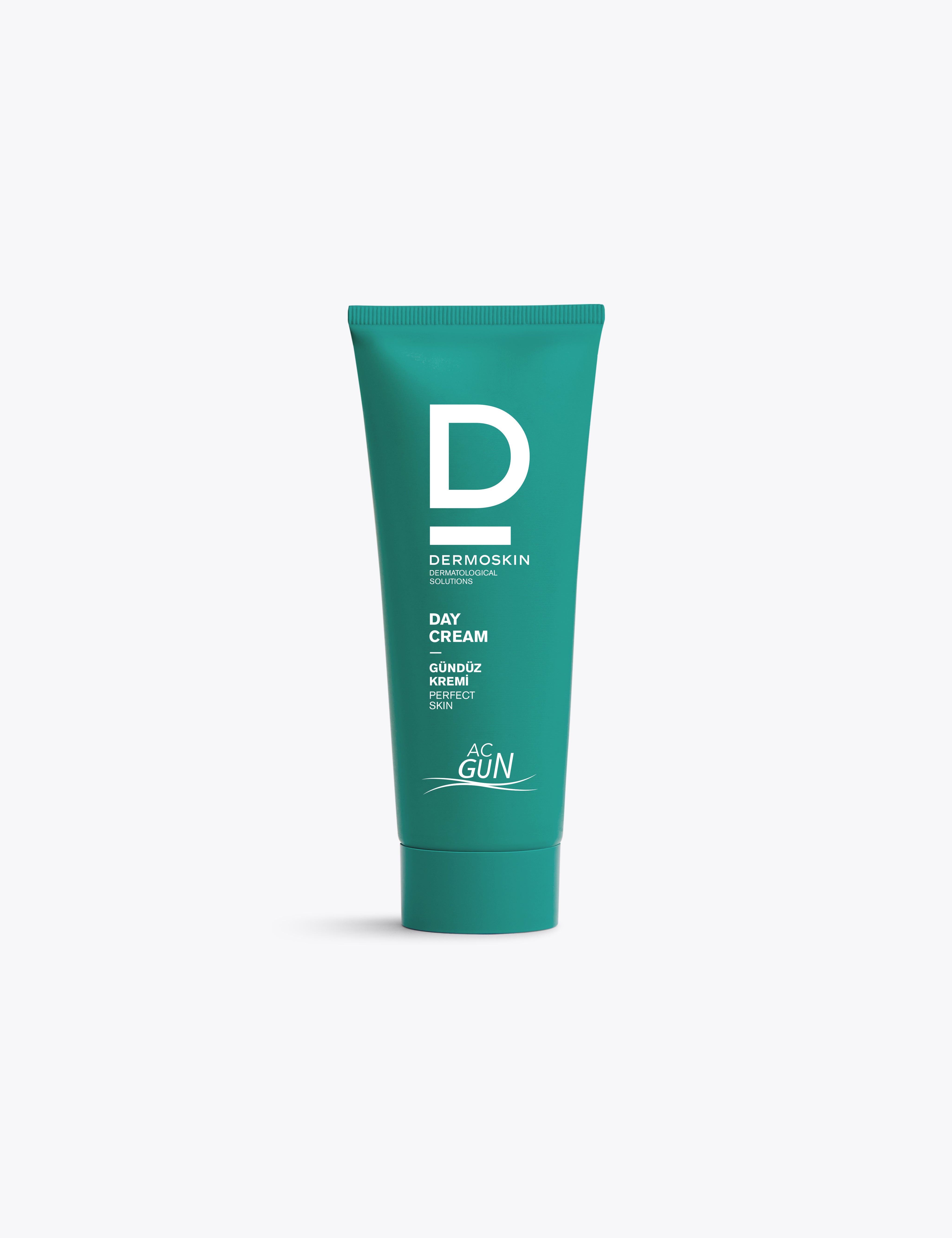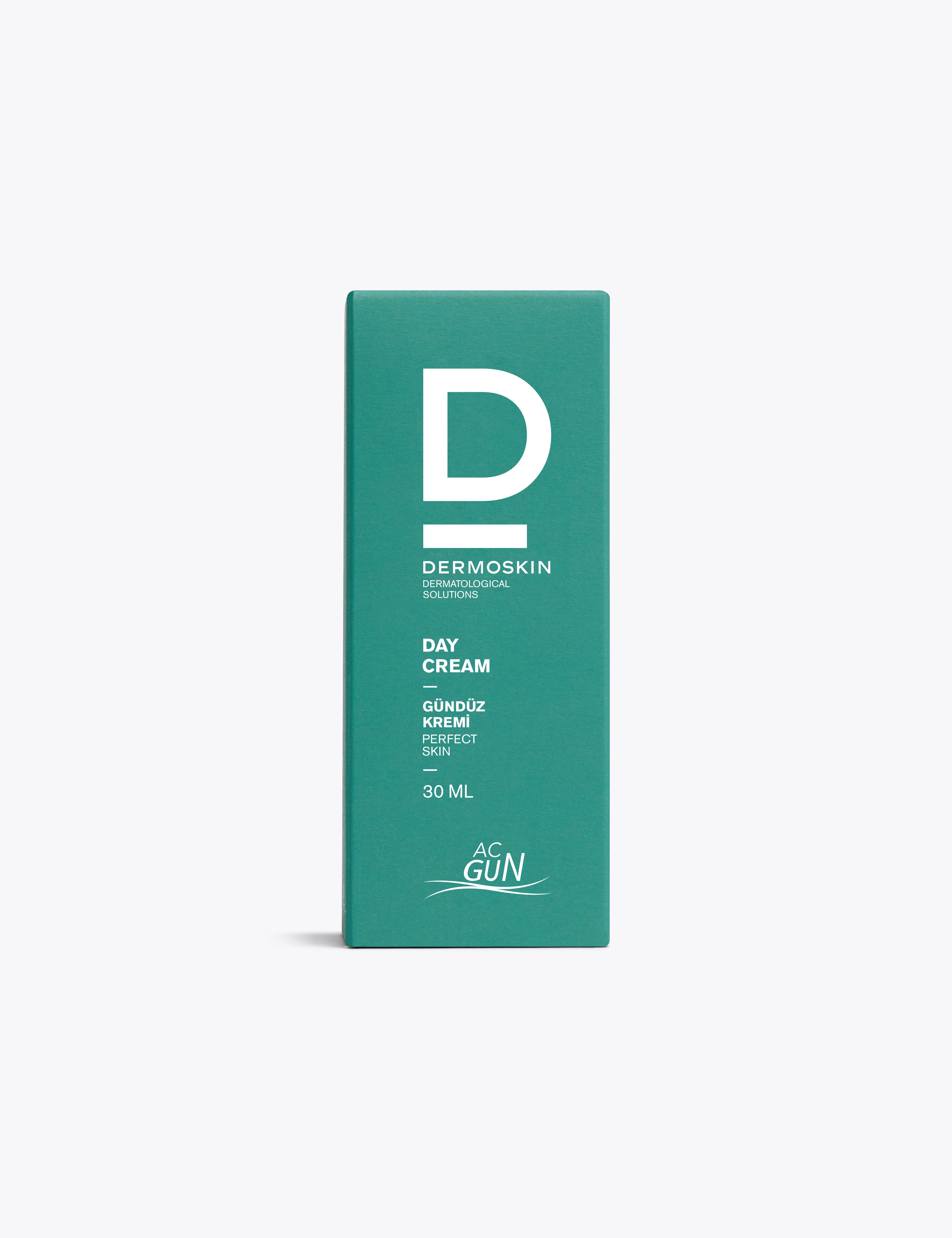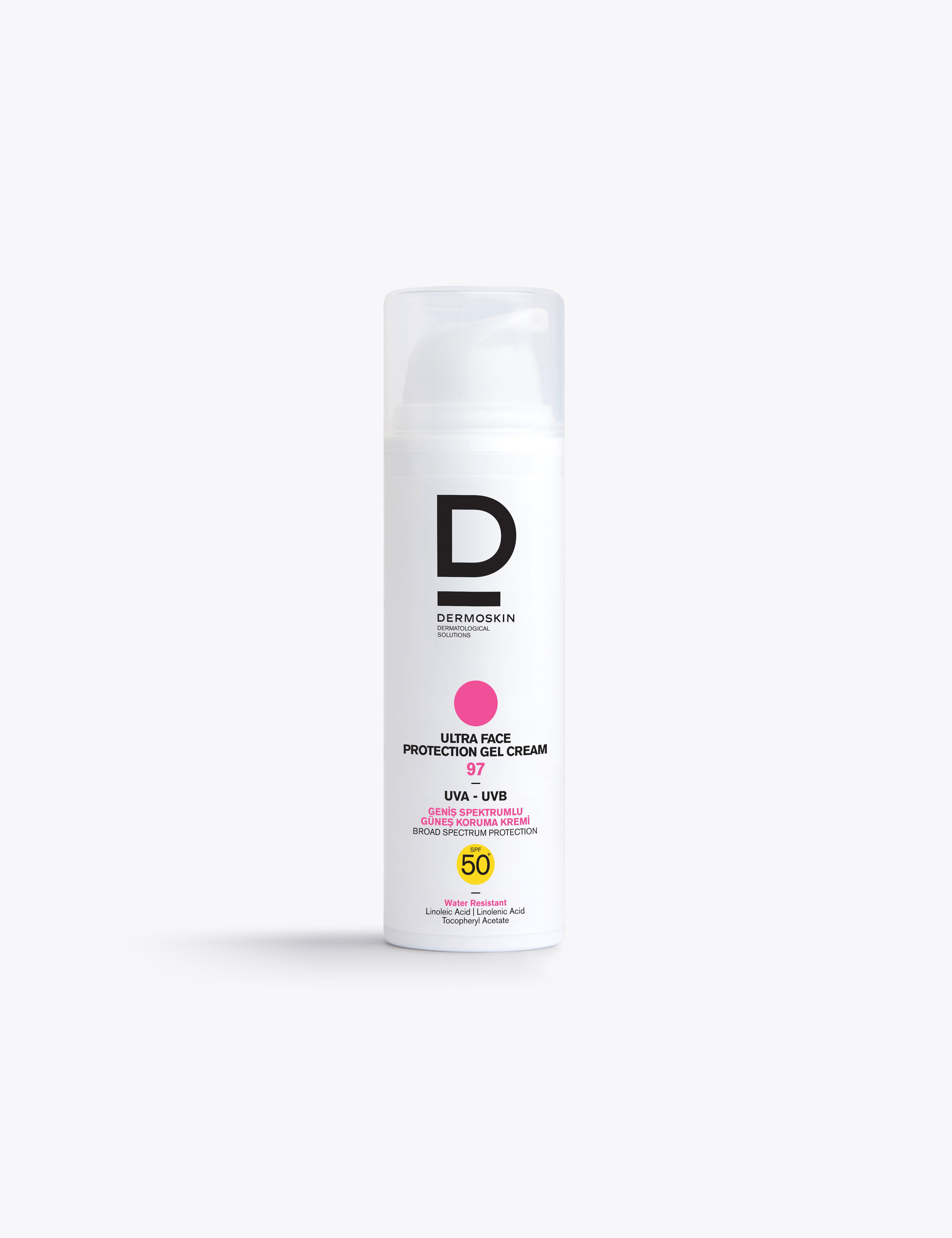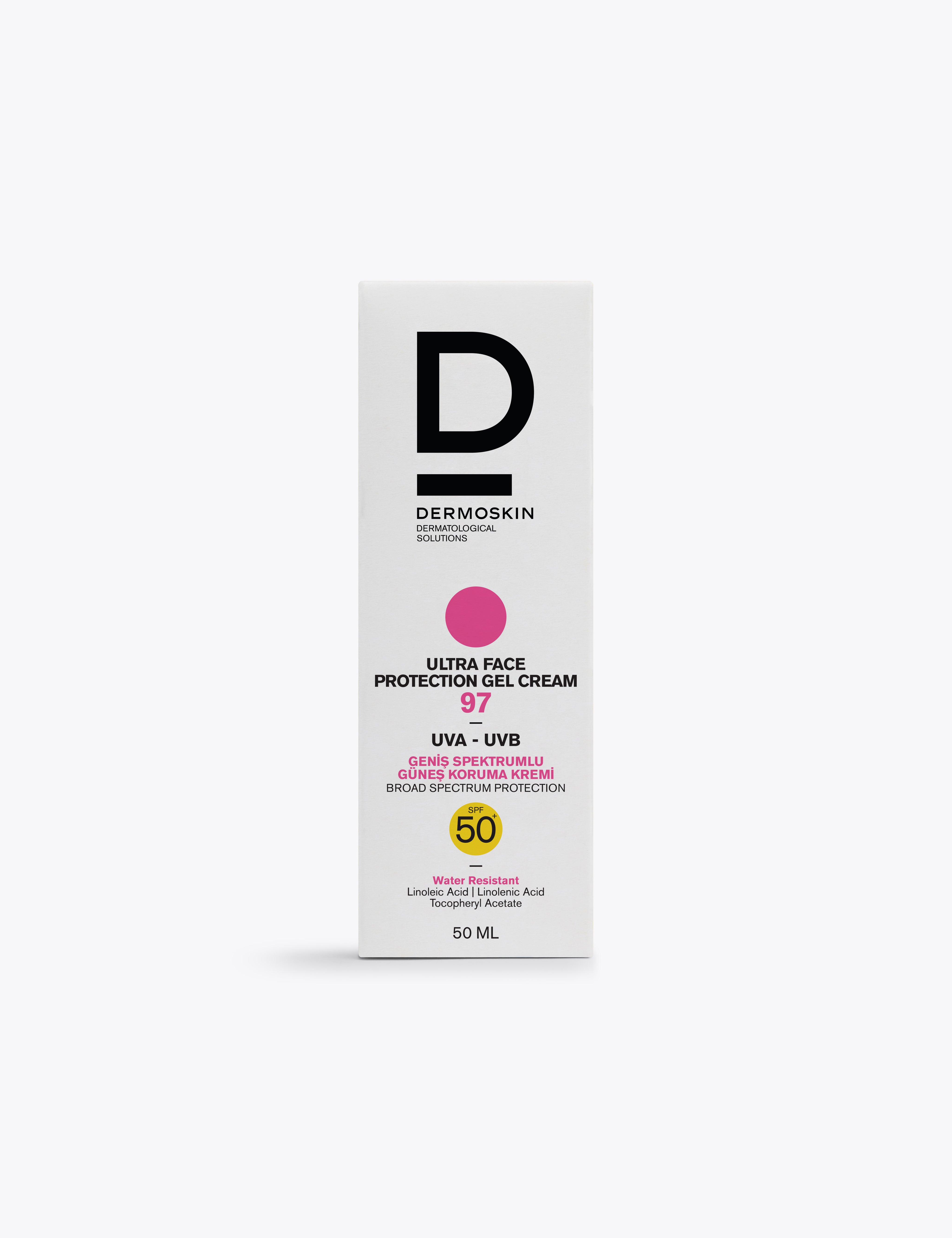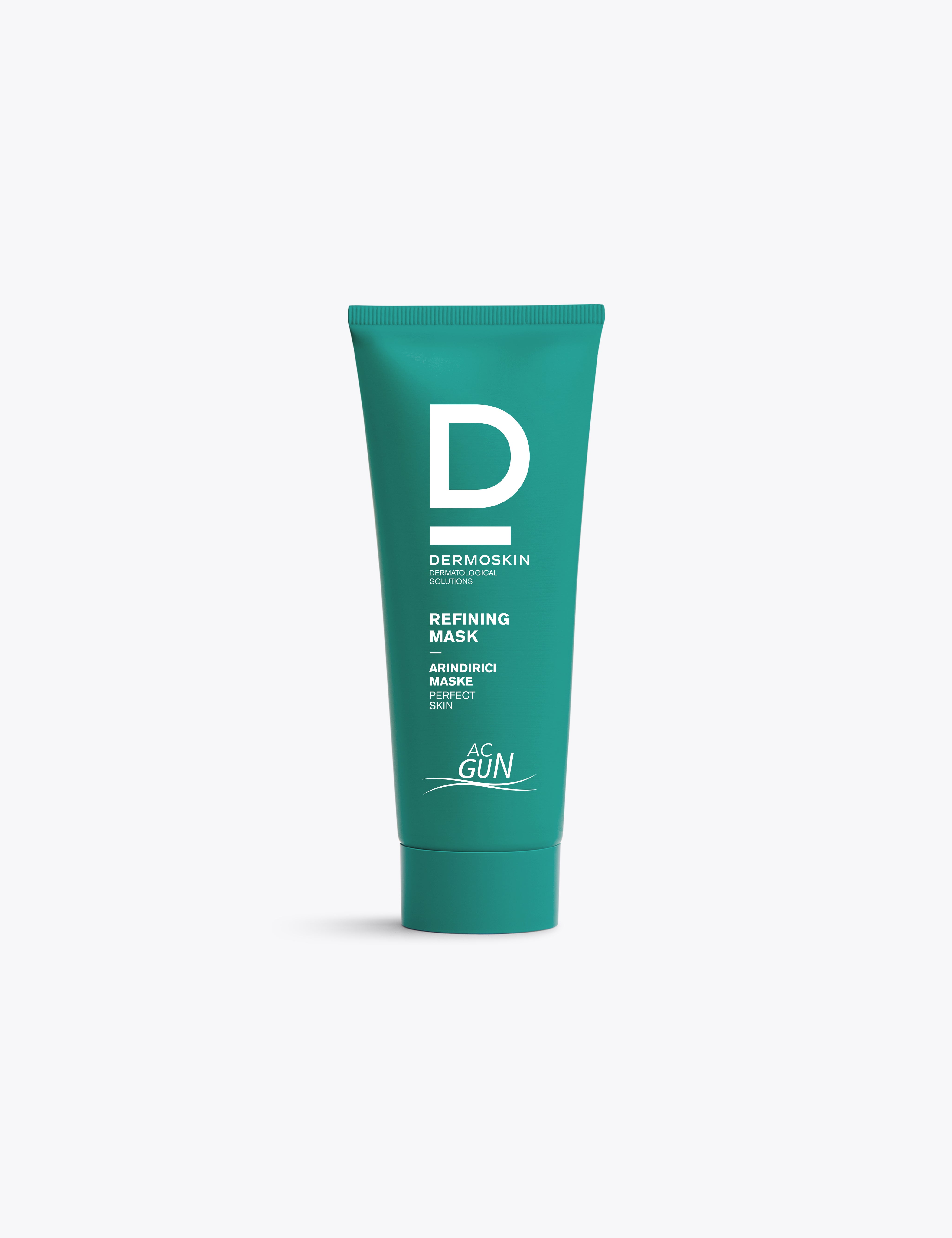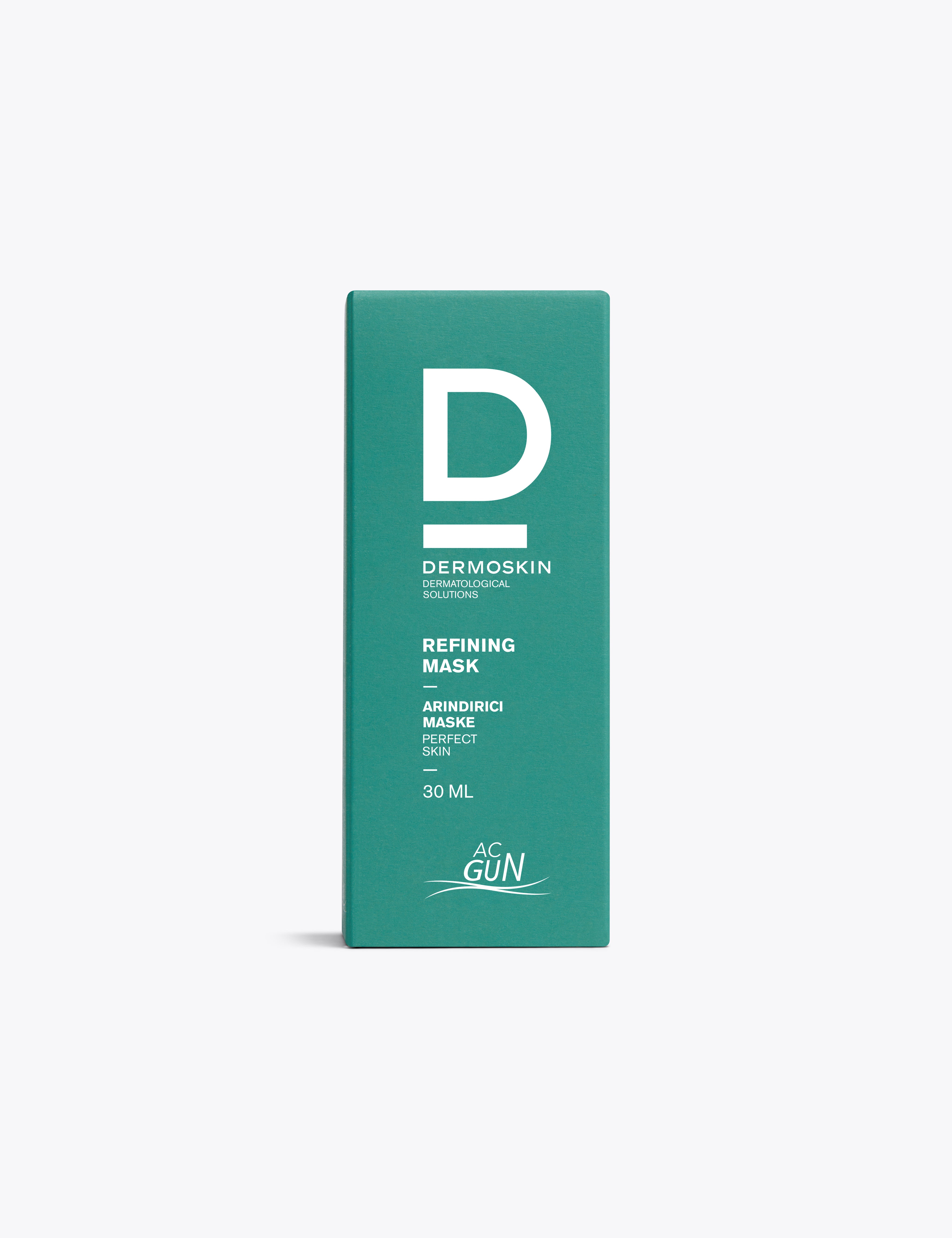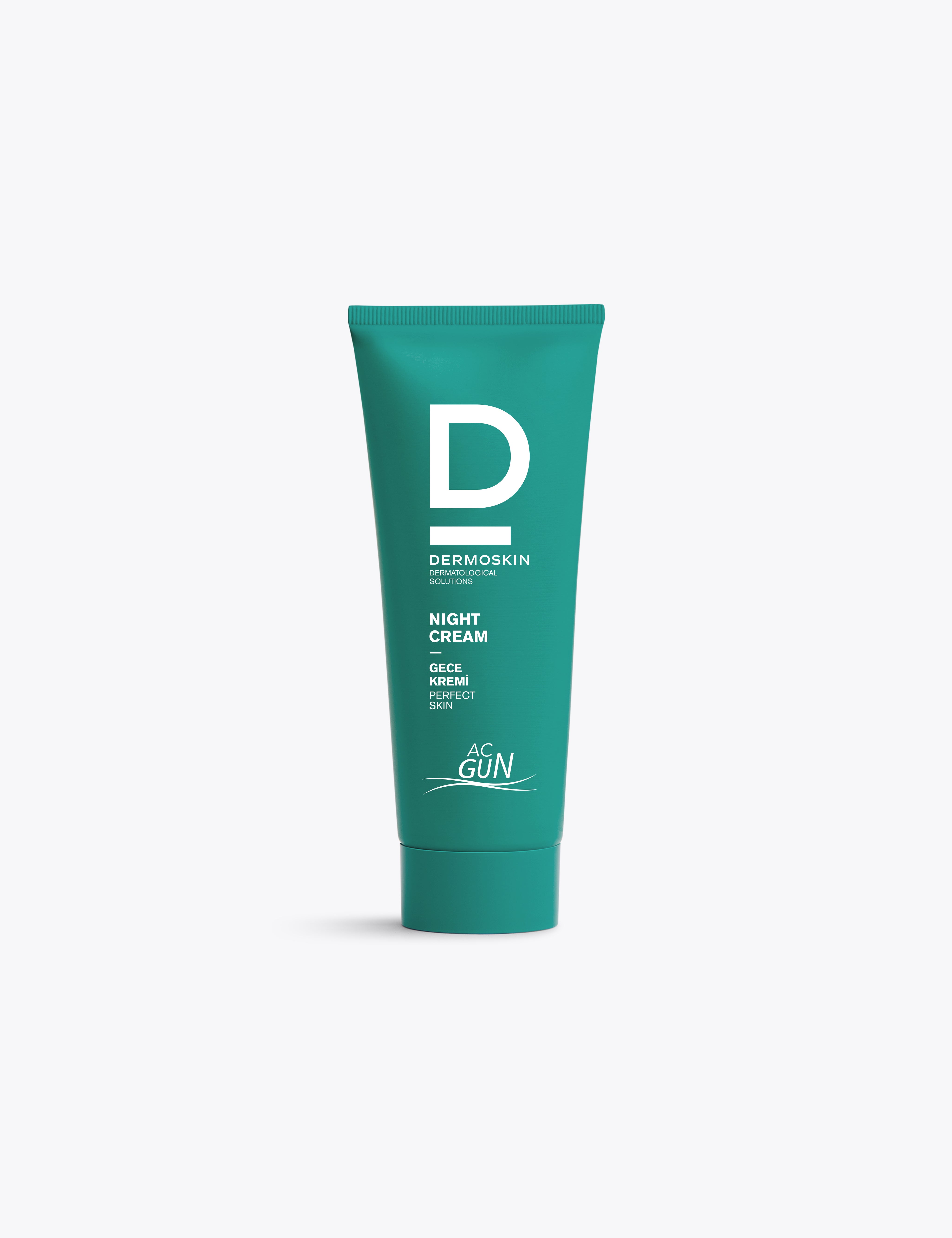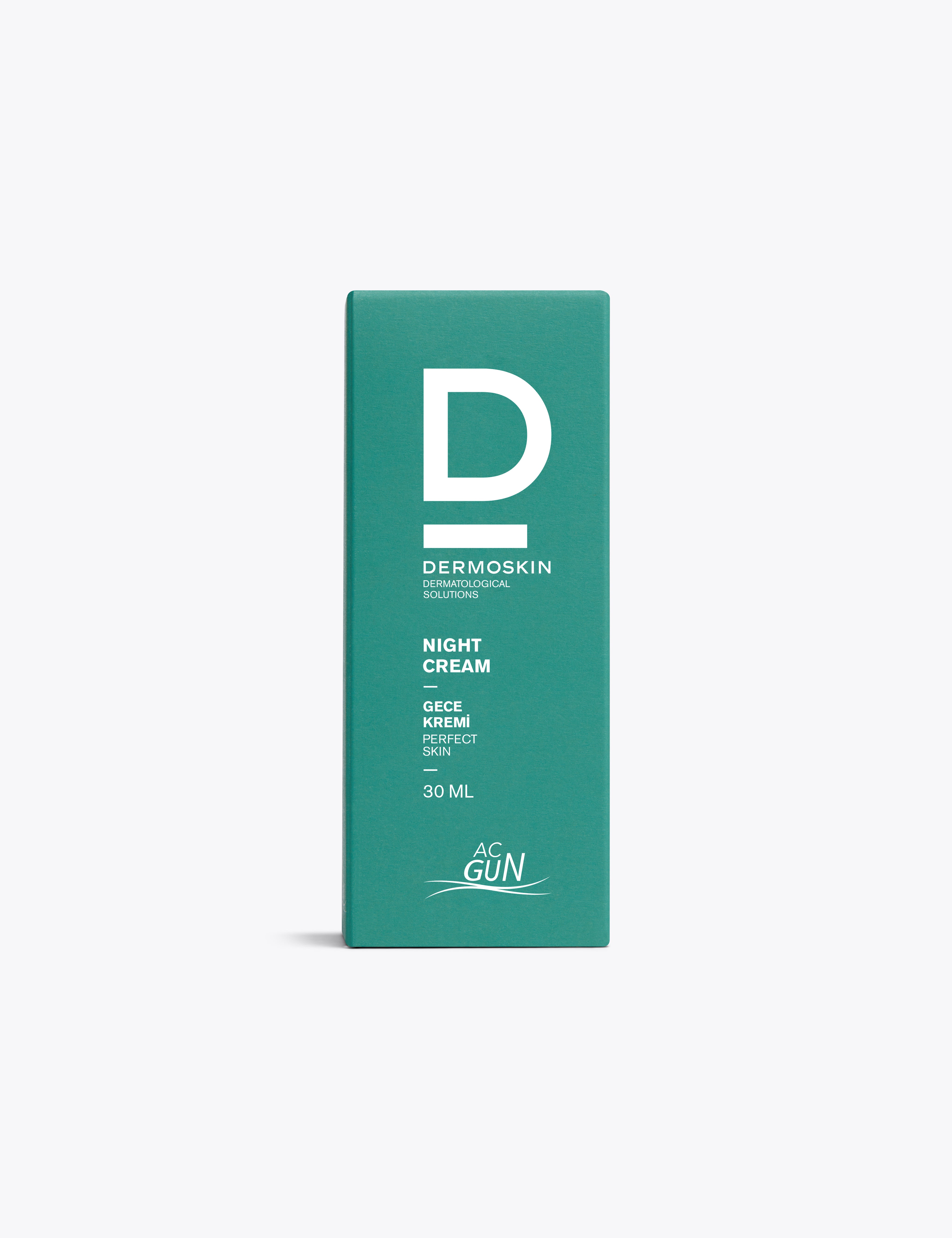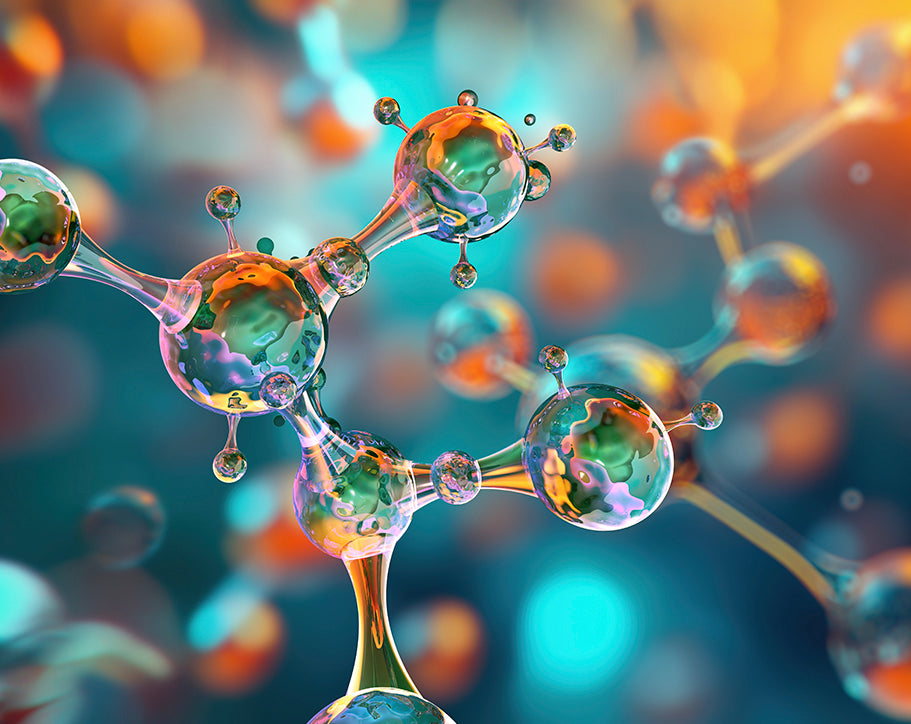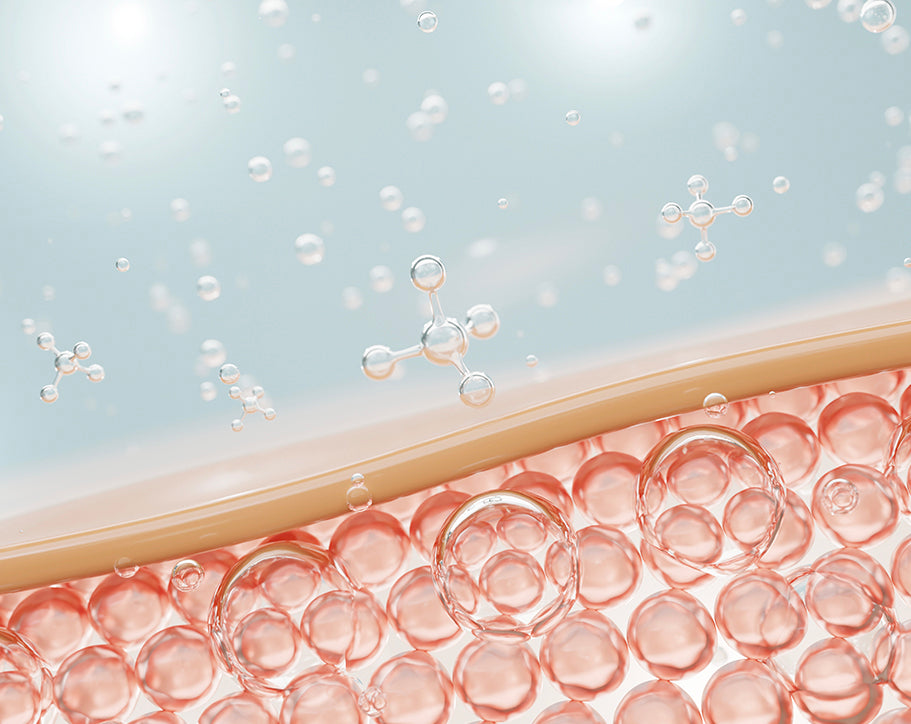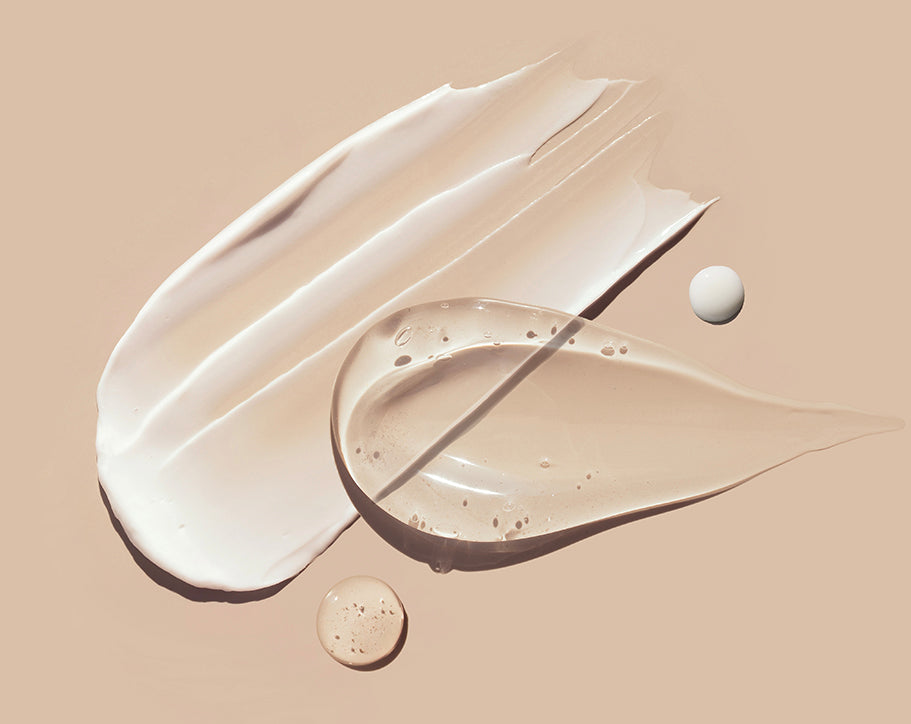Summer care that protects oily skin
As temperatures rise, increased sweating leads to increased pore clogging. UV rays can increase skin inflammation and darken acne scars. Using products that don't fully meet your skin's needs can increase oiliness or dry out your skin, disrupting its balance. Regular day and night routines with the Acgun series help control acne while maintaining skin balance.
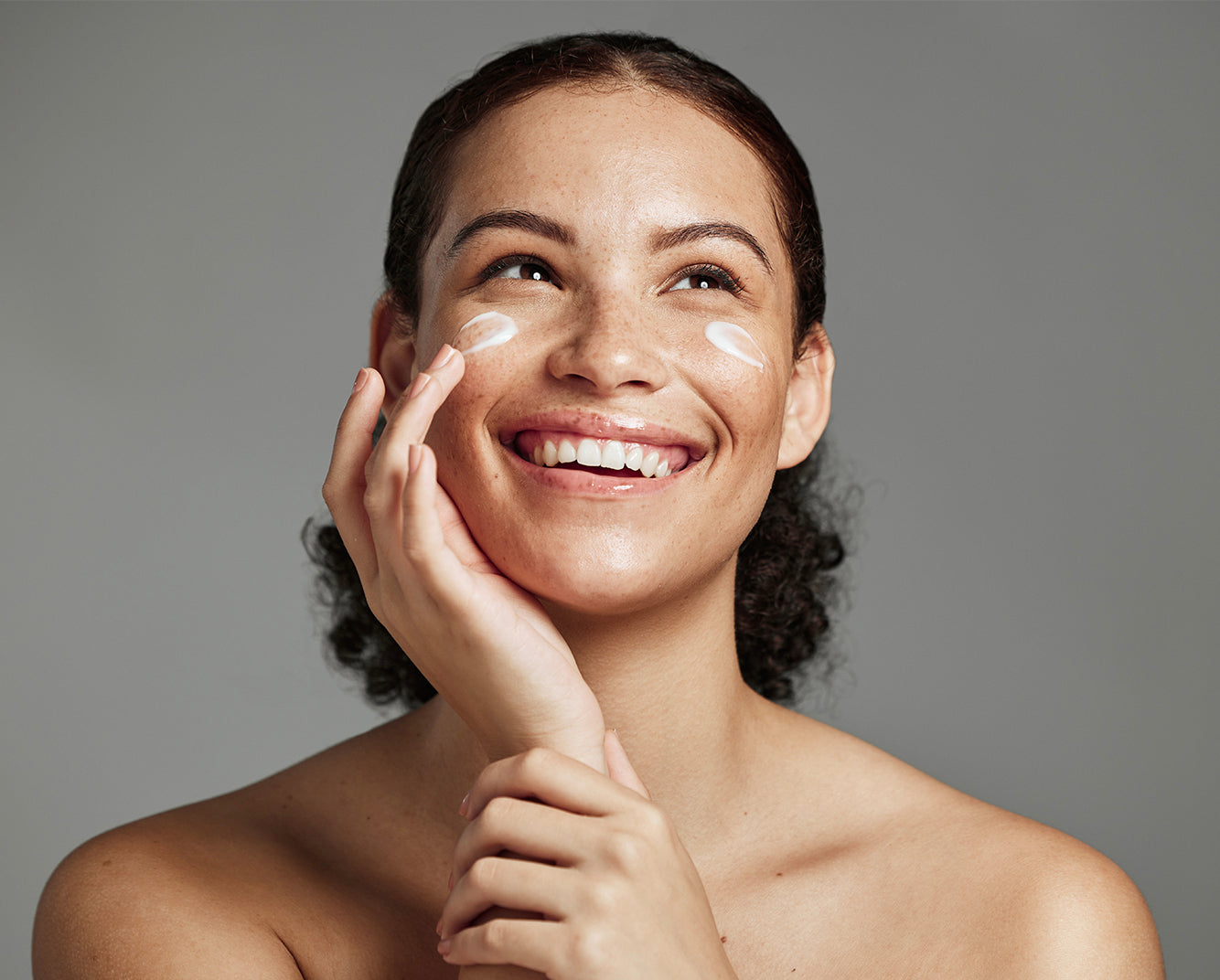
Anti-Acne Summer Care for Oily Skin
Anti-acne care series for a healthy and vibrant skin appearance
Anti-Acne Summer Care / Daytime
Oily and Acne Skin | Face Wash Gel
Oily and Acne Prone Skin | Revitalizing Toner
Oily and Acne Prone Skin | Day Cream
SPF 50+ | UVA - UVB | Broad Spectrum Sun Protection Cream | Broad Spectrum Protection
Anti-Acne Summer Care / Night
Oily and Acne Skin | Face Wash Gel
Oily and Acne Prone Skin | Revitalizing Toner
Oily and Acne Prone Skin | Purifying Mask
Oily and Acne Skin | Night Cream
Meet the Stars of Anti-Acne Summer Care!
Our starred content
Inappropriate cosmetic products and treatments can worsen acne problems. You can ask us your questions about your oily and acne-prone skin.
Questions and Answers
-
The best cleansers for oily skin tend to be those that contain salicylic acid, zinc, or clay. These ingredients help control excess oil, unclog pores, and prevent bacterial growth on the skin.
-
Yes, but it is recommended to do a gentle exfoliation 1-2 times a week. Chemical exfoliants such as salicylic acid or lactic acid are more effective for oily skin because they deeply cleanse pores and remove blockages.
-
Yes, oily skin also needs moisturizers. Light, water-based and non-comedogenic moisturizers should be preferred. Gel products are suitable for oily skin.
-
For oily skin, water-based, light and mattifying sunscreens should be preferred. The harmful rays of the sun can worsen acne scars.
-
To reduce acne scars, you can regularly use chemical peels, products containing niacinamide (vitamin B3), vitamin C and retinol. These ingredients accelerate skin renewal and lighten the appearance of scars.
-
Yes, some studies show that fatty foods, sugar, and processed foods can increase acne. However, it is important to consume foods that are high in water content and rich in antioxidants to maintain healthy skin.
-
Acne can also occur in dry skin, but this is usually different from the types of acne seen in oily skin. Although dry skin is less prone to acne, skin barrier disruption, excessive moisture loss, hormonal fluctuations and the use of incorrect cosmetic products can trigger acne formation.

